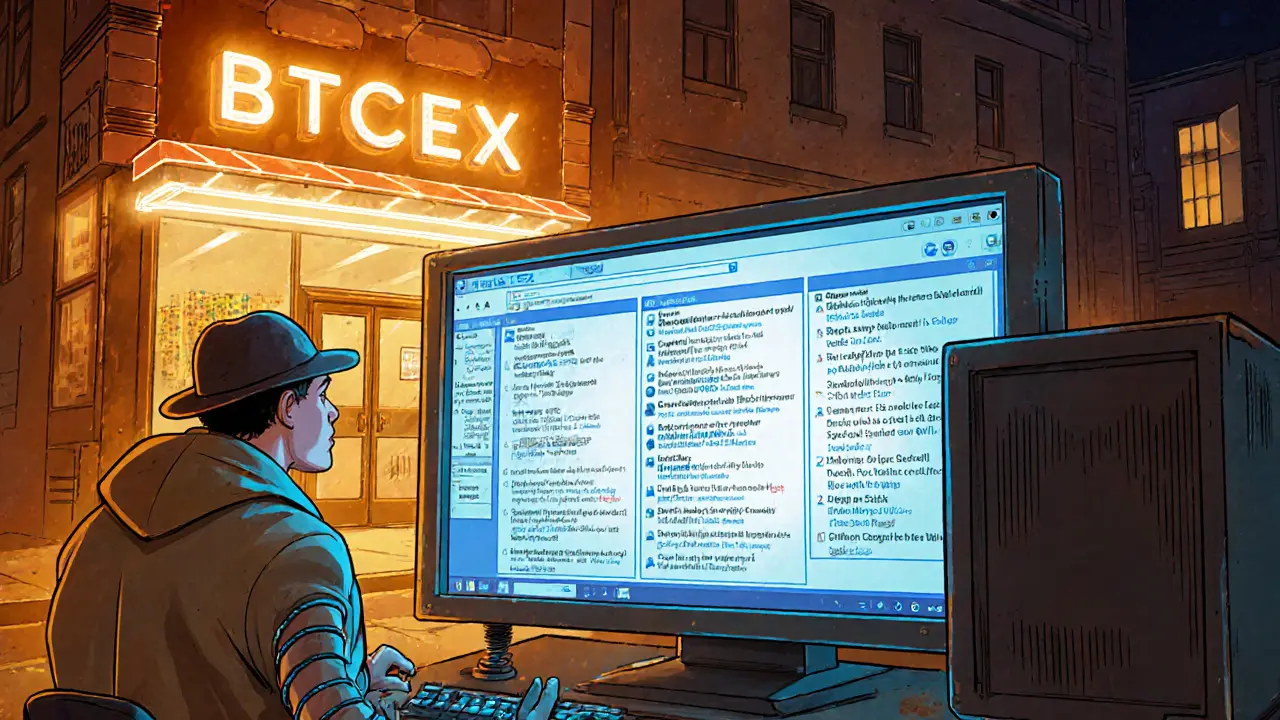Unregulated Exchange: What You Need to Know
When dealing with unregulated exchange, a platform that offers cryptocurrency trading without official licensing or oversight. Also known as off‑shore exchange, it often skips the usual safeguards that licensed crypto exchange, a service operating under financial regulators such as the US SEC, EU MiCA, or local securities commissions provides. Because regulation influences exchange security, the missing license means users face higher fraud risk, unpredictable fees, and limited recourse if things go wrong. Some jurisdictions even ban these platforms outright, which explains why they pop up in tax havens or under obscure corporate shells. In short, an unregulated exchange lacks the consumer‑protective rules that keep your assets safer on a licensed venue.
Many traders assume that a decentralized exchange, a peer‑to‑peer marketplace built on blockchain technology that matches buyers and sellers directly is automatically safer, but it often falls under the same “unregulated” label, and it usually does. Since DEXs operate without a central authority, they bypass traditional KYC/AML compliance, the “know your customer” and anti‑money‑laundering checks required by regulators. That freedom lets you keep control of your private keys and trade 24/7, but it also opens doors for wash‑trading, price manipulation, and outright scams that licensed platforms are designed to prevent. The trade‑off is clear: you gain autonomy at the cost of reduced oversight, which means you need to do extra homework before you trust a DEX with large sums.
What to Watch For Before You Trade
First, verify whether the service has exchange licensing, an official permit from a recognized financial authority. A missing license usually signals that the operator can disappear with your funds, and regulators have little power to intervene. Second, examine the security track record: look for third‑party audit reports, bug‑bounty programs, and transparent development roadmaps. Third, scrutinize the fee structure – unregulated platforms may hide costs in wide spreads, withdrawal limits, or sudden token listing fees. Fourth, protect your assets with strong password hygiene, hardware wallets, and two‑factor authentication; never store large amounts on a web‑based wallet that lacks custodial insurance. Finally, consider the liquidity depth; thin order books can cause slippage that eats into your trades. By checking licensing, security, fees, and liquidity, you build a safety net that compensates for the lack of formal regulation.
Below you’ll find a curated list of articles that break down the risks, compare DEXs to regulated unregulated exchange alternatives, and give practical steps to stay safe while exploring the crypto market.

BTCEX Crypto Exchange Review - Fees, Safety & User Experience
Caius Merrow Aug, 21 2025 11A detailed BTCEX crypto exchange review covering fees, licensing, user complaints, security risks, and a side‑by‑side comparison with major regulated platforms.
More Detail